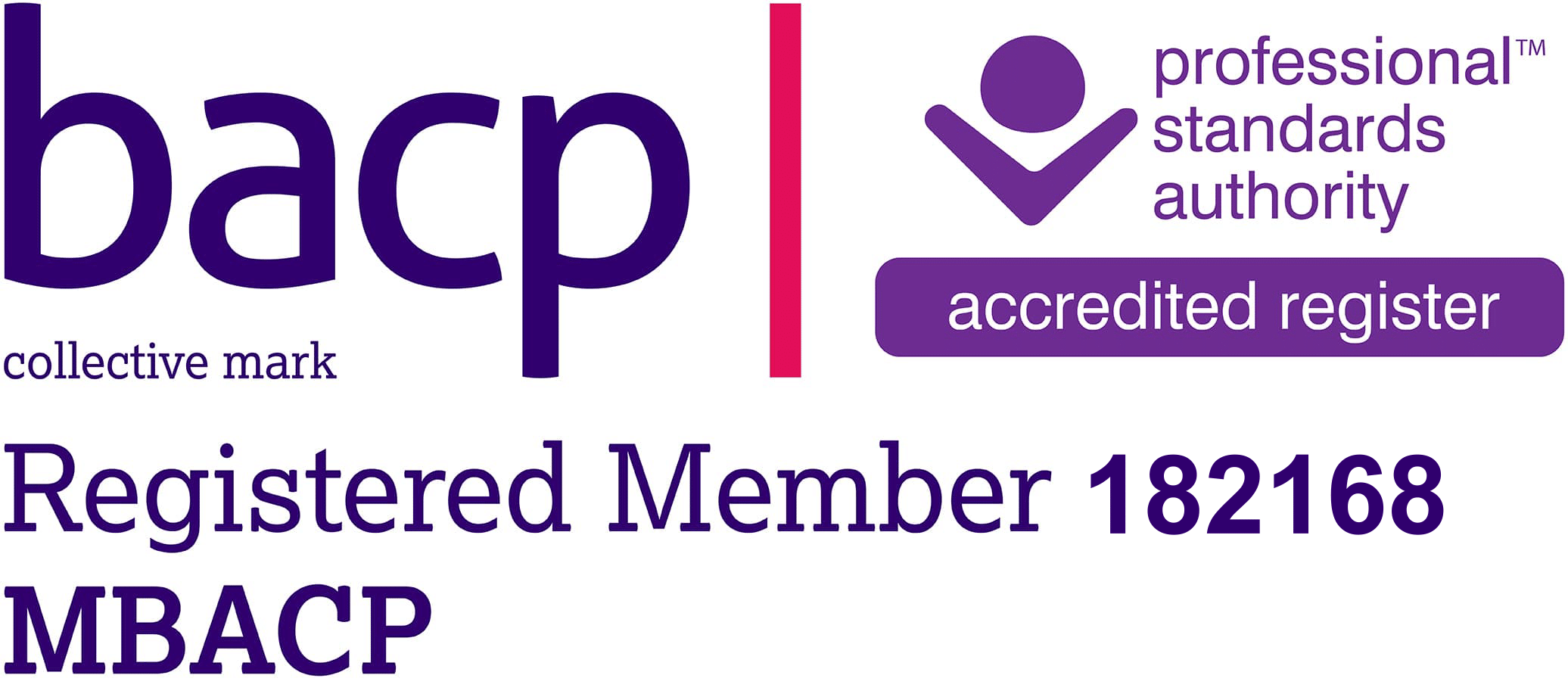
In today’s hectic world, learning to regulate your nervous system is crucial for maintaining overall health and well-being. By implementing effective techniques, you can manage stress, improve emotional stability, and enhance both mental and physical health. In this blog post, we’ll explore five easy and effective methods for mastering nervous system regulation and achieving optimal well-being.
Why Regulate Your Nervous System?
Regulating your nervous system is vital for several reasons:
- Stress Management: Nervous system regulation helps mitigate the effects of stress, reducing the risk of stress-related health issues such as anxiety and burnout.
- Emotional Resilience: A well-regulated nervous system supports emotional stability, enabling you to cope with life’s challenges more effectively.
- Mental Health Support: Research suggests that nervous system dysregulation is associated with mental health conditions such as depression and PTSD, making regulation essential for mental well-being.
- Physical Health Maintenance: Your nervous system plays a crucial role in regulating bodily functions such as heart rate and immune response, so maintaining regulation is essential for overall physical health.
- Cognitive Function Enhancement: Nervous system regulation promotes optimal cognitive function, including attention, memory, and decision-making abilities.
Now, let’s explore five easy and effective techniques for regulating your nervous system:
1. Deep Breathing Exercises
Deep breathing exercises, such as diaphragmatic breathing and alternate nostril breathing, help activate the body’s relaxation response, reducing stress and promoting a sense of calm.
2. Mindfulness Meditation
Mindfulness meditation involves bringing your attention to the present moment without judgment, helping to reduce the activity of the brain’s fear centre and promote emotional stability.
3. Progressive Muscle Relaxation
Progressive muscle relaxation involves tensing and then releasing different muscle groups in the body to promote relaxation and reduce tension, signalling to the nervous system that it’s safe to relax.
4. Grounding Techniques
Grounding techniques, such as visualisation and sensory grounding exercises, help anchor you in the present moment, reducing anxiety and promoting a sense of stability.
5. Engage in Relaxing Activities
Engaging in relaxing activities, such as spending time in nature, practicing yoga, or listening to soothing music, helps reduce stress and promote overall well-being by activating the body’s relaxation response.
Prioritise Your Well-Being –
By incorporating these effective techniques into your daily routine, you can master nervous system regulation and enhance your overall health and well-being. Remember to prioritise self-care and make time for relaxation, as managing stress and promoting balance are essential for living a healthy and fulfilling life.






